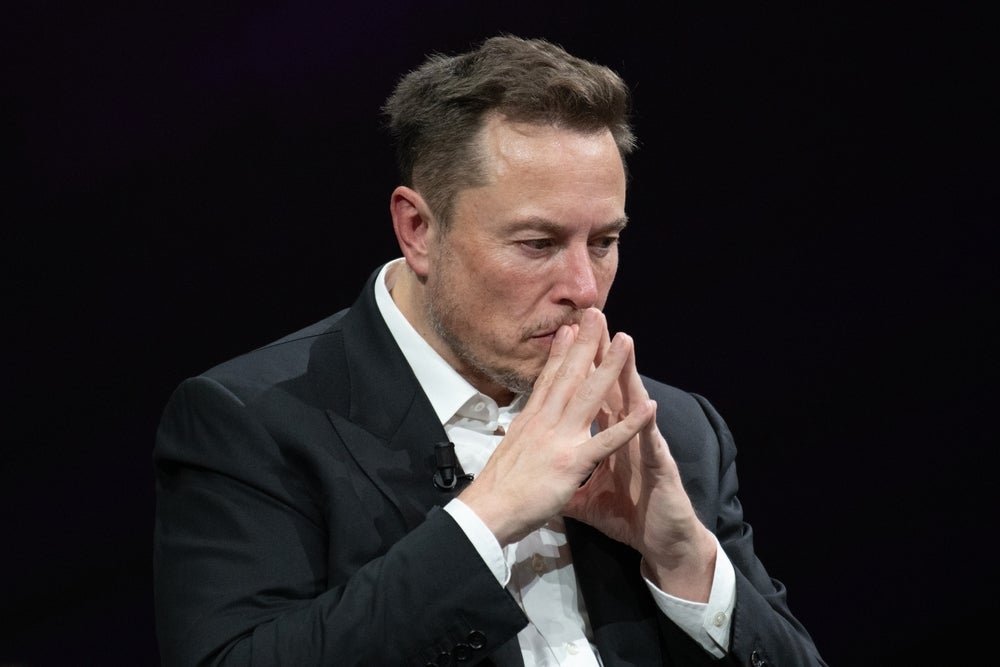
Elon Musk’s change to X’s content moderation policy made it difficult to convince brands that the social media platform was safe to host ads, X’s former head of brand safety and ad quality has revealed.
The updated policy, which was named “Freedom of Speech, Not Reach,” made it so posts that violated its policies were limited instead of removed. A move that received heavy criticism from users.
AJ Brown, a former content safety executive at X, said the policy was “a difficult message to communicate to people”.
“Helping people wrap their minds around the concept that violating a policy would no longer result in the removal of whatever was violating the policy, was a difficult message to communicate to people,” he told Reuters.
Before acquiring X, formerly known as Twitter, Musk consistently spoke out against how he felt the platform limited free speech with its removal of posts.
After Musk purchased the platform many advertisers began to flee the platform, in what was deemed an “apocalypse” for the site.
According to Brown, the moderation policy change only added further concern to the advertisers who had already stopped spending on the platform.
Musk tweeted on Monday that US ad revenue for X was down 60%, pointing blame at statements made by the Anti-Defamation League (ADL).
The ADL, a Jewish non-governmental organisation that fights antisemitism and extremisim, released a report in May that showed 65 previously banned accounts had been allowed back on to the site since Musk took over. All of which were found to be posting antisemetic content.
Musk threatened to sue the ADL in a series of tweets on Monday, claiming that advertisers were recieving pressure from the non-profit.






